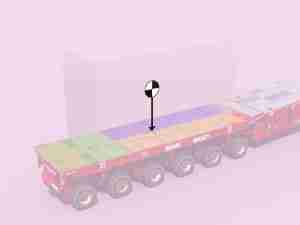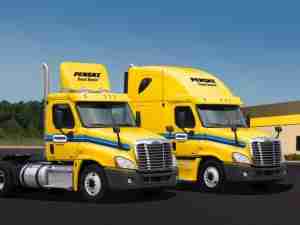NW Alliance for Clean Transportation, which focuses on the benefit of natural gas vehicles for medium and heavy duty transportation, announced its launch
TACOMA, Wash.- A group of Pacific Northwest businesses and nonprofits announced the launch of the Northwest Alliance for Clean Transportation. The Alliance is dedicated to helping the region reduce harmful pollutants and greenhouse emissions by encouraging use of natural gas vehicles.
"Natural gas vehicles offer a practical and cost-effective solution to some of our most severe air quality problems," said Connor Reiten, the group's Director of Policy and Operations. "This technology is a ready-made solution, and we need to get the word out to businesses and policy makers that this can make a big and immediate difference."
Alliance members include utilities Puget Sound Energy, NW Natural, Avista and FortisBC. They are joined by non-profits including Columbia-Willamette Clean Cities, American Biogas Council, and Natural Gas Vehicles for America.
The Alliance aims to raise awareness of the many benefits of natural gas vehicles (NGVs) to the Northwest. These range from reducing air pollution and carbon emissions to cost-savings from lower fuel prices and maintenance costs.
"We must make sure policy makers understand that NGVs can be the best bet for air quality in many applications," says Connor Reiten. "For example, natural gas is a great low-emissions alternative to diesel delivery trucks, trash haulers, school buses, and long-haul trucks. This technology offers the torque necessary to haul heavy loads, the environmental benefits needed to exceed nitrous oxide and particulate matter emissions requirements, and the low-cost fuel stock needed to make this a win-win."
The benefits of natural gas vehicles can be multiplied with the use of renewable natural gas (RNG). RNG is methane captured from waste treatment facilities, food processors and cattle operations. It offers even more environmental benefits, especially with respect to greenhouse gases, where it can offer up to a 115% GHG reduction over diesel. Many waste haulers and public transit companies already use RNG, and it is increasingly available for fleets across the country.
"We are very excited about bringing news about NGVs to more people and businesses in the Northwest," Reiten said. "Reducing air pollution and carbon emissions are things we all can agree on."









